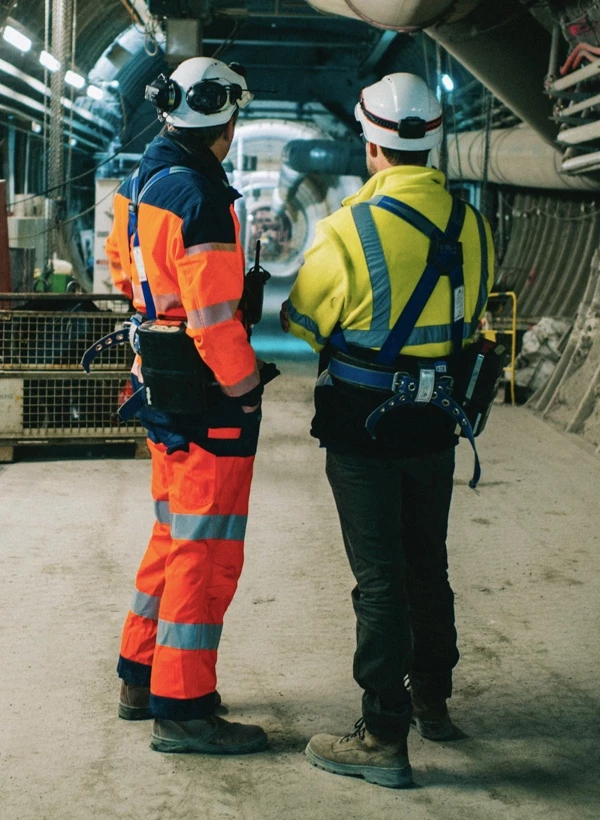
EDF is engaged in the authorisation procedures required for the launch of the construction of the first pair of EPR2 reactors at Penly, as well as the administrative procedures for its completion and its link-up to the electricity grid. EDF's target is to start preparatory work mid-2024.
Following the analysis of the results of the public debate which took place between 27 October 2022 and 27 February 2023 under the aegis of the National Commission for Public Debate (Commission nationale du débat public - CNDP), yesterday, the EDF Board of Directors decided to proceed with the planned construction of the first pair of ERP2 reactors at Penly in response to the expectations expressed during the debate.
EDF confirms its commitments to sound regional integration of this project in the Penly area:
- carrying out an exemplary project, in terms of sustainable development with a socially responsible worksite,
- fully assuming its role alongside local authorities and the State in the Major Project type procedures to be implemented,
- informing the general public in a transparent and continuous manner of the follow-up on the debate and the EPR2 project and consulting the people of the region on the implementation of its commitments throughout the life of the project.
EDF, in association with its French sector, had submitted to the State in May 2021 a proposal for the construction of the new EPR2 reactor programme in France. The vocation of this programme is to contribute, alongside renewable energies, to reaching France's targets in terms of decarbonisation of the economy and the country's energy sovereignty.
EDF proposes to build three pairs of EPR2 reactors, in order, on sites at Penly, Gravelines (Hauts de France) and in the Auvergne Rhône-Alpes region at Bugey or Tricastin.
This programme for three pairs of EPR2 reactors will mobilise 30,000 jobs per year during the construction phase and more than 10,000 during the operating phase.
This text was the subject of an EDF Group press release.
Pictures: Penly Nuclear power plant, Marc Didier/ EDF
